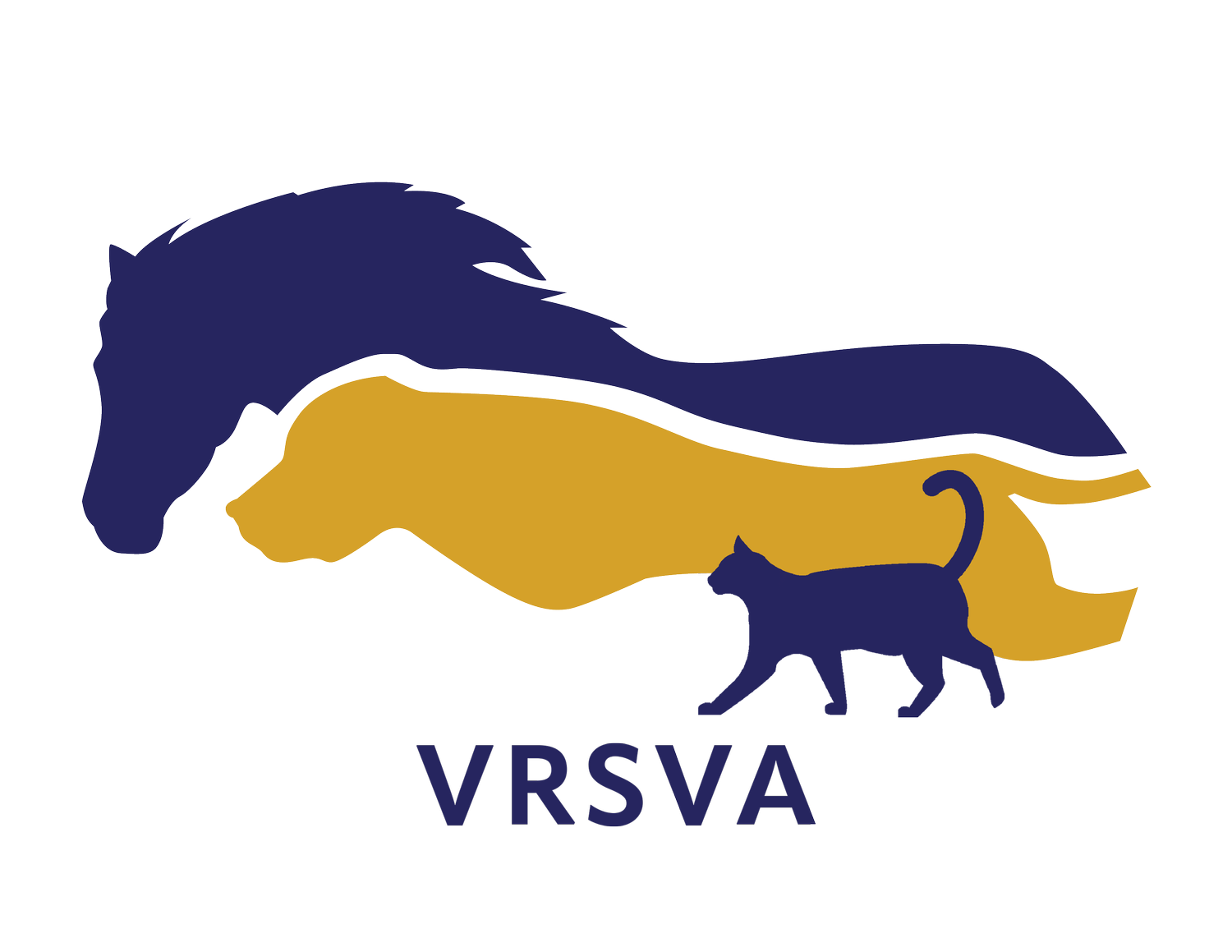Stem Cell Therapy for Musculoskeletal Conditions
Traditional treatments for musculoskeletal injuries typically include systemic non-steroidal anti-inflammatories and intra-articular steroid injections, primarily targeted at relieving pain and decreasing inflammation. While these therapies are important in veterinary medicine, they do not cause healing and may mask pain, allowing for overuse and further injury.
Some of the most common musculoskeletal injuries include cartilage damage within the joint and tendon and ligament injuries. Cartilage, tendons, and ligaments are all similar in that they have low blood supply and can be challenging to heal. Regenerative therapies focus on stimulating the healing and regeneration of these tissues.
What is Stem Cell Therapy?
Stem cell therapy is a type of regenerative medicine with many applications. Stem cells are undifferentiated cells that can self-renew, regenerate, and differentiate into different cell types including bone, cartilage, tendon, and ligament cells. This allows for the regeneration and repair of tissue damaged by disease or injury.
There are two main types of stem cells: embryonic stem cells and adult stem cells. In veterinary medicine, adult stem cells are harvested from the animal’s own body. They are most commonly taken from the bone marrow or the adipose (fat) tissue of the animal. The harvesting procedure is typically performed under heavy sedation or anesthesia. Once the tissue is collected, it is often sent to a specialized laboratory to extract the stem cells and process them into a concentrated product.
Once prepared, the stem cells are injected into the injured area -- possibly a joint, a tendon or a ligament. Ultrasound guidance is often used to ensure proper placement of the stem cells. This procedure typically requires heavy sedation or anesthesia.
Applications of Stem Cell Therapy
Stem cells are most commonly injected into joints, tendons, and ligaments in veterinary sports medicine. They also have a wide range of potential applications in other areas of medicine. Research is still rapidly ongoing, but have found evidence of improved rates of healing after stem cell injection. Studies have also documented stronger and more organized musculoskeletal healing after stem cell injection into damaged tissue and decreased rates of re-injury.
Benefits of Stem Cell Therapy:
Minimally Invasive: Stem cells are injected with a needle and syringe, often under ultrasound guidance.
Stimulation of Healing: Stem cell therapy encourages healing, often in hard-to-heal tissues. Under the right circumstances, stem cells are capable of differentiating into specific types of tissues. Stem cells also produce growth factors and anti-inflammatory proteins which stimulate healing and decrease inflammation.
Decreased Chance of Re-Injury: Stem cell therapy encourages stronger healing in damaged tissue, decreasing the chance of re-injury.
Minimal Time Off: While processing of the stem cells does take some time, recovery time after injection is short.
Wide Range of Eligible Patients: Stem cell therapy can be used in a wide range of patients.
Low Risk of Complications: Since the stem cells are harvested from the patient’s own body, there are low risks of reaction to injection or complication from injection.
Considerations and Limitations:
Cost: Often stem cell injection is associated with a higher cost. Cells must be harvested, then processed to concentrate the stem cells, then injected under ultrasound guidance.
Variability in Stem Cells: Not all stem cells are the same. The number of stem cells harvested and the differentiation ability of the cells varies based on the tissue source, the patient’s age, and the presence or absence of disease in the animal.
Stem cell therapy is a promising treatment for a wide range of diseases. It has been used successfully to treat joints, tendons, and ligaments in the veterinary sports medicine world. Stem cell research is developing rapidly and is promising for a variety of applications. A consultation with a rehabilitation specialist can help determine if stem cell therapy may be helpful for your animal.
